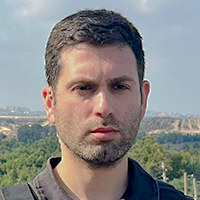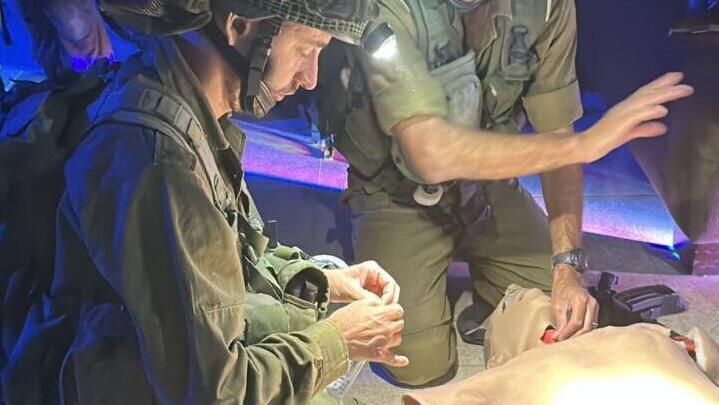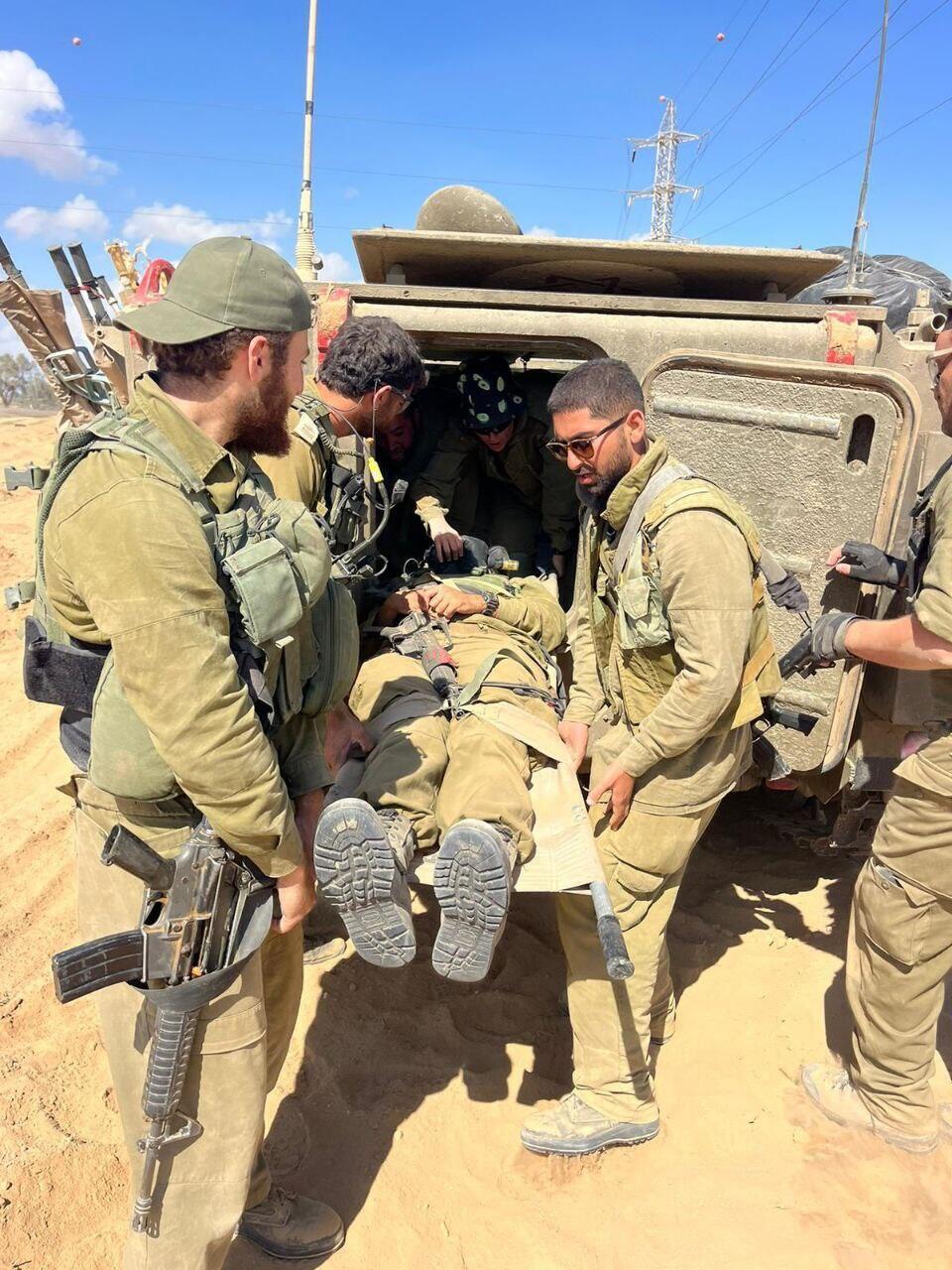Getting your Trinity Audio player ready...
The medical division of the Southern Command is using the waiting period to train hundreds of doctors, paramedics, and medics who will join the combat units in the heart of enemy territory. Some of them have already been under fire and rescued hundreds of soldiers and civilians during surprise terror attacks.
Read more:
At the medical training center in Tzalim Camp, these medical teams are practicing challenging scenarios on simulators, simulating life-saving interventions in the midst of battle. They are training for situations that involve sniper fire, close-quarter engagements, making critical decisions, and handling various threats, such as treating injuries resulting from tunnel infiltrations in residential areas during medical assistance missions.
In the simulation rooms, the smell and noise of explosions, along with constant radio chatter, create an intense atmosphere. The responsive smart mannequins add a sense of seriousness, different from routine drills. In these exercises, they are preparing for the ground phase of a real war, beyond the familiar training routines.
Some of the medical staff here have experienced fire themselves during the drills, while others practice handling multiple casualties simultaneously. Among them, there are military doctors who, apart from saving dozens of casualties on the first day, also neutralized terrorists.
Additionally, the Medical Corps has established two specialized centers in the Gaza envelope, providing critical care for combat reactions, and the IDF also plans to evacuate wounded soldiers from Gaza using helicopters. So far, 18 teams have treated around 800 soldiers in regular and reserve service who faced horrors and tough battles. Remarkably, 80% of them have returned to combat after these professional interventions.
Military sources emphasize the importance of keeping these soldiers close to the challenging situations they've experienced, helping them normalize their responses and reduce the risk of post-traumatic stress in the future. Commanders have been instructed to react promptly to soldiers facing emotional difficulties. In a broader sense, the message to everyone, even civilians, is to engage in various activities and contributions during these times, rather than staying at home all day, watching distressing footage and news. This approach is seen as the most effective way to protect one's mental well-being during the conflict.
Dr. Zivan Aviad Beer, Chief Medical Officer of the Southern Command disclosed that in every brigade entering Gaza, there will be at least one senior medical specialist, be it a doctor or paramedic, ensuring immediate and comprehensive medical care for any injured soldier, should the need arise. "Everyone already has advanced tourniquets and personal bandages," he emphasized, "and we've taught all the soldiers a simple first aid principle: first, control bleeding by applying pressure to the injured limb, a crucial factor in preventing deaths in severe injuries."
"Numerous casualties from the initial surprise attack now owe their lives to these swift measures. Furthermore, the IDF has distributed thousands of units of blood and plasma substitutes to the frontline troops, a practice virtually unparalleled in the world. Additionally, there are skilled surgeons within the combat units equipped with the most advanced field surgical gear, ready to perform life-saving emergency surgeries even before evacuation from the Gaza Strip."




